Conference Sign-Ins Discourage Dishonesty
Policy aims to hold students accountable for conference attendance

Freshman Joey Attias signs into conferences Sept. 11.
Policy changes, from Student Learning Objective tests to Common Core requirements, have defined the past few years. These changes all have the common theme of increasing responsibility for both teachers and students. Now, the era of accountability has continued past school hours and into the conference period.
Implemented at the start of the 2014-2015 school year, the high school’s new conference policy requires students to sign in and out of conferences. Previously students could go to and from conferences freely, with no record of their attendance.
This policy change comes in addition to the school cracking down on cellphone usage in classrooms and hallways, and the implementation of RapidTrack, a new security system at the front door to track students exiting and entering the building.
The new conference sign-in system serves to provide conference statistics to administrators. “Our intention is to get a sense of the frequency and the volume of students’ attendance at conference period,” Principal Michael Griffith said.
The absence of conference records has proved inconvenient for administrators and teachers who need to demonstrate whether students had attended conferences.
“My impression is that sometimes students tell parents they go to conferences every day, but we don’t necessarily have proof,” math teacher Christine McCandless said.
“I might get an email from a parent saying, ‘How is my student doing?’ They tell me, ‘They come to conferences every day,’ and I’ve never seen them in conferences,” said McCandless. “This will be helpful for teachers and students to have documentation.”
Guidance counselor David Peterjohn sees potential in the policy.
“I learned about [the conference policy] for the first time during a faculty development meeting before school,” said Peterjohn. “Personally, I think it could be helpful.”
According to Peterjohn, the new system will ensure students are not lying about where and when they are at conferences. If there is discrepancy on the presence or absence of a student in conferences, teachers and administration can consult the conference sign-in sheet to resolve the issue.
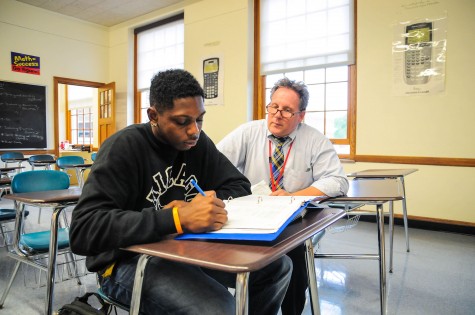
Math teacher Tom Anderson helps senior Brandon Draper during conferences Sept. 11.
Peterjohn thinks the policy will benefit counselors, parents, teachers and students. He said counselors and parents will be able to know if their student was working to improve his or her grades or understanding at teacher conferences. “We can easily check in with the teacher,” Peterjohn said.
Sophomore Rose McCandless thinks the policy may help teachers and administrators, but not kids. But she sees another benefit to the change. “I think they’ve had trouble knowing where kids are, which can be scary. This policy is to help ensure safety of students.”
Senior Trey Roberts doubts the policy will last long. “I feel like the teachers are doing it right now and are being really strict about it, but they won’t be really strict about it in the future.”
Peterjohn thinks the policy will work, and said it will be reviewed next year to determine its usefulness. “My hope is that it will stick.”
“I think the ultimate goal is to use conferences as much as possible and efficiently,” Peterjohn said.
Griffith said efforts to improve conference experiences are on the horizon. “We may be doing surveys to try to get a sense of what works for you in the conference period, what’s not working for you in the conference period, and what would help you or be helpful to you during conference period,” Griffith said.
“Conferences are probably one of our most important support opportunities we have for students academically,” Griffith said “We want to want to make sure we are getting good use of it.”
Campus and City Reporter Audie Lorenzo and Staff Reporters Hannah Kornblut, Elena Weingart, Emily Boardman, Alexa Jankowsky and Zachary Nosanchuk contributed reporting.

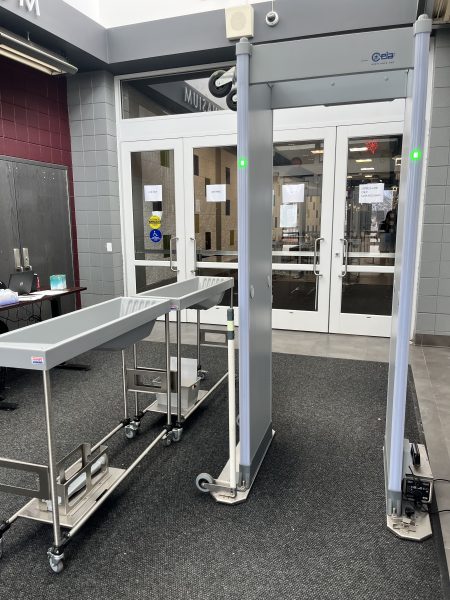
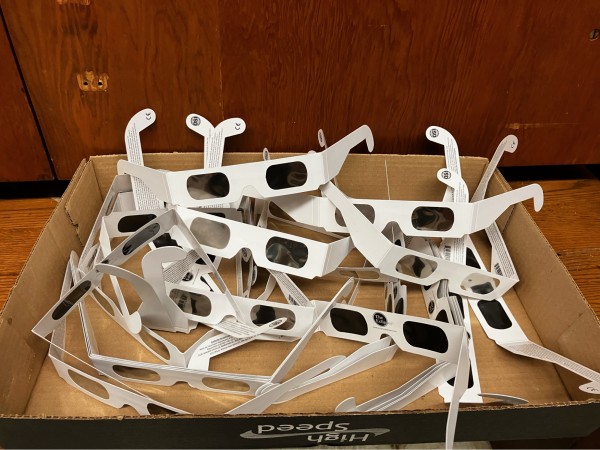
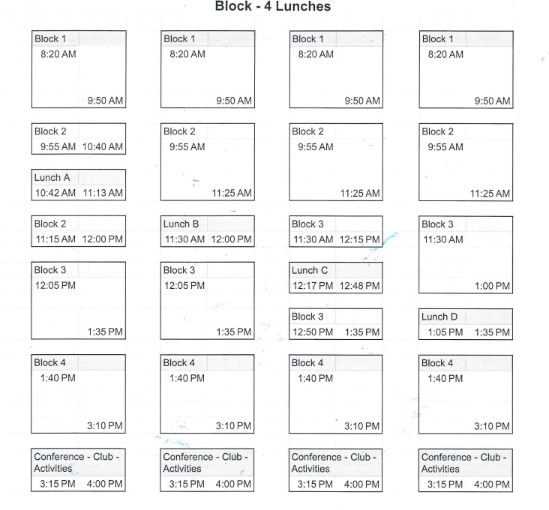
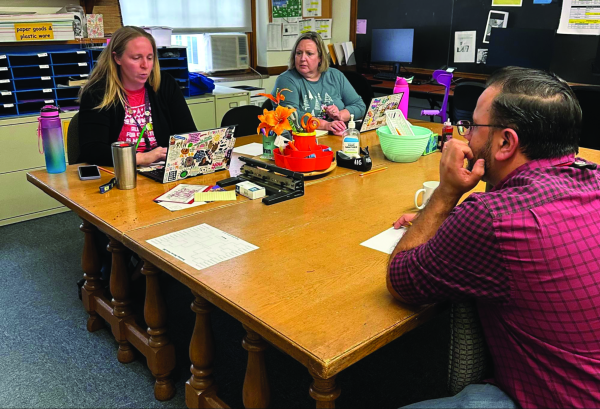

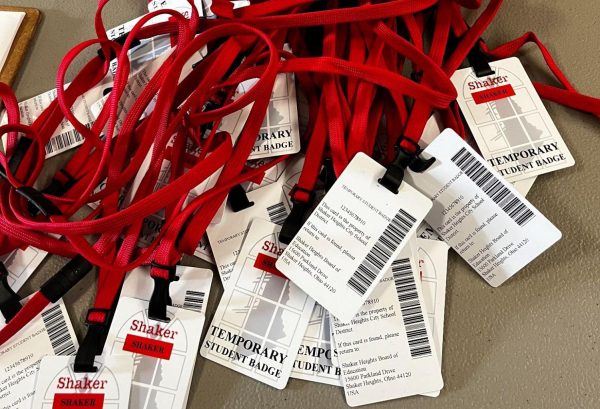
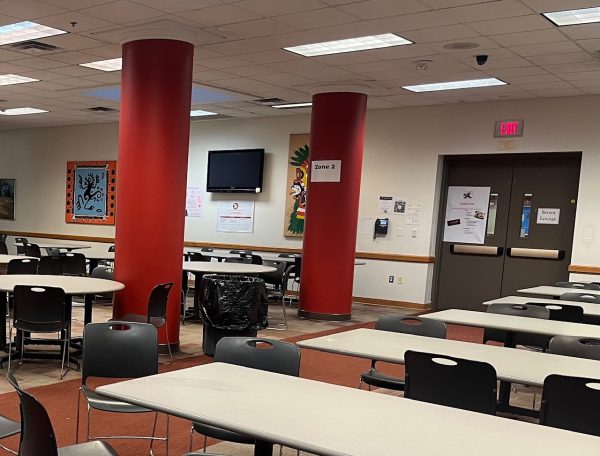
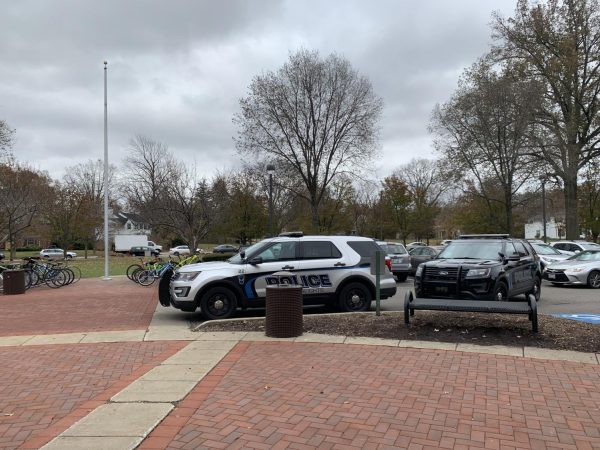
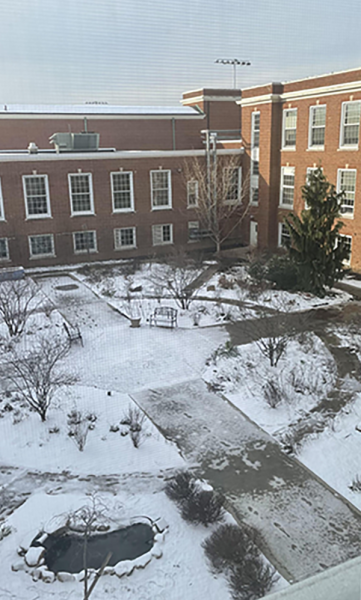
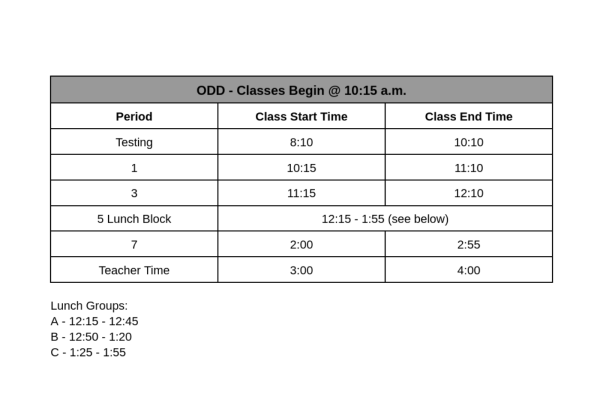
Sameer Apte | Sep 11, 2014 at 11:06 pm
This whole system, while it is engineered to prevent lying about conference and school attendance, is absolutely ludicrous. A great deal of conference attendance is found at clubs, and frankly, I cannot name a single club in the entire school that does not have a sign-in list at every meeting. Even in conferences, teachers should be trusted to be able to say if a student was present at their conference or not. If a student is going to conferences “just for conferences’ sake,” he/she should probably not be at a conference, but in the library or at a general study room or practice. The RapidTrack system, implemented only at the front desk, is not used at all by security, and to my knowledge, only a select few high school students even carry their ID around the school with them or use the front door to go out to their car.
Another thing that I have noticed is racial prejudice on the part of security guards during school hours. A school rule states that students are to be in a conference by 3:15 PM and are not to be in the halls. However, I confess to having roamed the halls around that time and never been glanced at, while around me, several students, mostly African-American, are being told to leave the school and go home (not even to go to conferences–to leave the premises!). In addition, I have noticed that at arrival and dismissal times, the main entrance and south entrances of the wings, which funnel in a majority of African-American students, are double-guarded; conversely, the north entrances to the wings and the west entrances of the school are not covered at all. A balance must be found in this conflict between keeping racial equality and fairness and finding a good solution to student truancy.